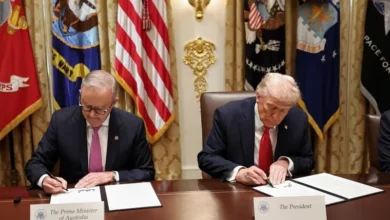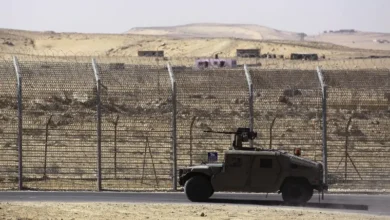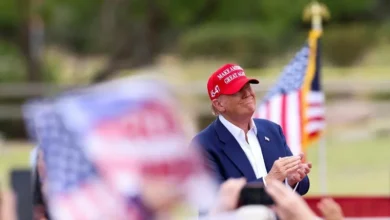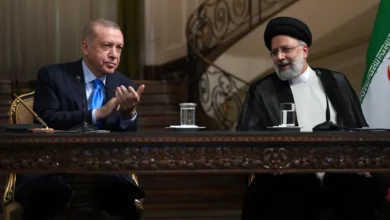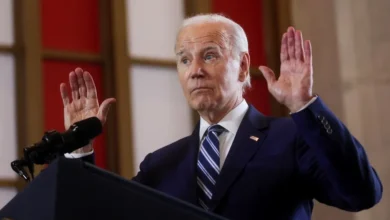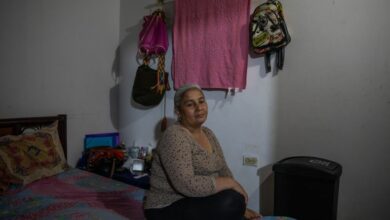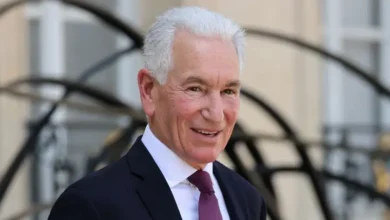US to stop funding global vaccine alliance Gavi, health secretary says
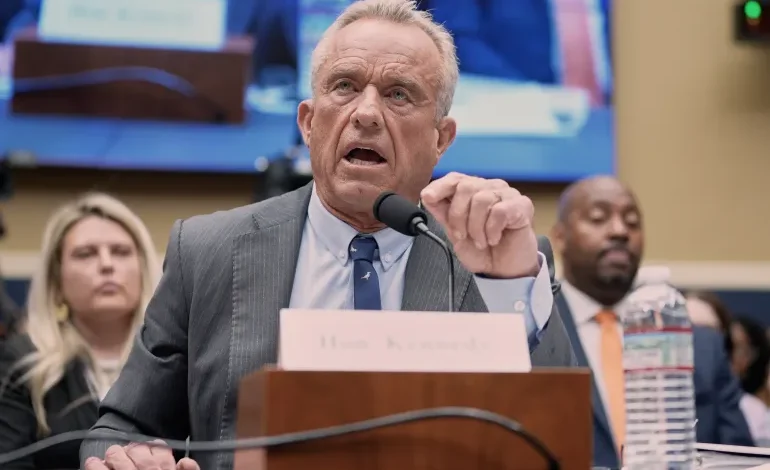
Health and Human Services Secretary Robert F Kennedy Jr has announced that the United States will no longer contribute to Gavi, a global health programme that has vaccinated more than one billion of the world’s poorest children.
In a video that aired at a Gavi fundraising event in Brussels on Wednesday, Kennedy said the group had made questionable recommendations around COVID-19 vaccines. He also raised concerns about the diphtheria-tetanus-whole cell pertussis vaccine, known by the acronym DTPw, though he provided no evidence to support those fears.“I call on Gavi today to re-earn the public trust and to justify the $8bn that America has provided in funding since 2001,” Kennedy said in the video.
Kennedy added that Gavi should consider all available science before investing in vaccines. “Until that happens, the United States won’t contribute more,” he said.
The details of the video were first reported by the publication Politico and later by the news outlet Reuters.
Gavi said in a detailed statement that safety was one of its top priorities and that it acts in line with World Health Organization recommendations.
The statement also indicated that Gavi has full confidence in the DTPw vaccine, which it credits with having helped to cut child mortality in half in the countries it supports since 2000.
“The DTPw vaccine has been administered to millions of children around the world for decades, and is estimated to have saved more than 40 million lives over the past 50 years,” the statement notes.The administration of US President Donald Trump has previously indicated that it planned to cut US funding for Gavi, representing around $300m annually, as part of a wider pullback from international aid.
Advocacy groups called on the US to reverse its decision.“Kennedy claims that Gavi ignored science are entirely false,” nonprofit consumer advocacy organisation Public Citizen wrote in a statement.
“Gavi’s recommendations are grounded in global evidence and reviewed by independent experts. His suggestion otherwise fuels the same disinformation that has already led to deadly measles outbreaks and the resurgence of vaccine-preventable diseases, including polio.”
A longtime vaccine sceptic, Kennedy has upended the US medical establishment since taking office in February. He has raised questions about possible ties between autism and vaccines, though numerous studies have shown there is no link.
Earlier this month, Kennedy fired all 17 members of the expert panel on vaccines at the Centers for Disease Control and Prevention (CDC), known as the Advisory Committee on Immunization Practices (ACIP).
Created 60 years ago, the committee serves as an independent government body to review data and make recommendations about who should get vaccines. Those recommendations, in turn, can affect which vaccines health insurance plans may cover.
Of Kennedy’s initial eight replacement members, about half have advocated against vaccines.
Kennedy’s new vaccine advisers hold inaugural meeting
The newly revamped committee met for the first time on Wednesday, under intense scrutiny from medical experts worried about Americans’ access to lifesaving shots.
But already, conflicts are starting to simmer in and around the panel.
Ahead of the two-day gathering, government scientists prepared meeting materials calling vaccination “the best protection” during pregnancy — and said most children hospitalised for COVID-19 over the past year were unvaccinated.
That advice, however, conflicts with Kennedy’s. The health secretary already announced COVID-19 vaccines will no longer be recommended for healthy children or pregnant women, and his new advisers are not scheduled to vote this week on whether they agree.
COVID-19 remains a public health threat, resulting in 32,000 to 51,000 US deaths and more than 250,000 hospitalizations since last fall, according to the CDC.
Kennedy’s newly reconstituted panel also lost one of its eight members shortly before Wednesday’s meeting.
Michael Ross, a Virginia-based obstetrician and gynecologist, stepped down from the committee, bringing the panel’s number to just seven. The Trump administration said Ross withdrew during a customary review of members’ financial holdings.

